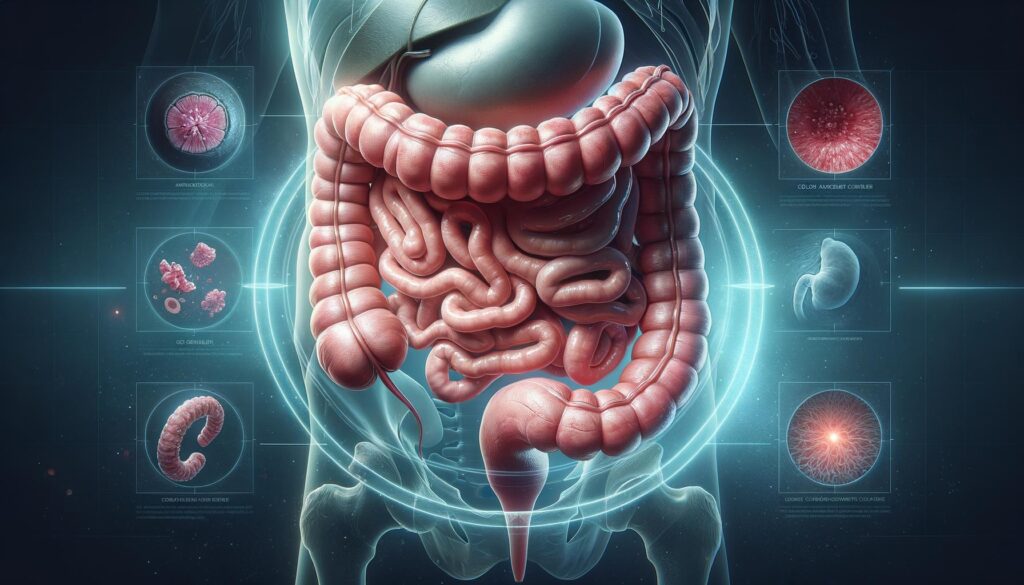Recognizing the Early Signs of Colon Cancer

Understanding Colon Cancer
Colon cancer, also known as colorectal cancer, is a type of cancer that begins in the large intestine (colon) or the rectum. It’s important to understand that while it can be serious, early detection can lead to effective treatment and improved outcomes. The colon is part of the body’s digestive system, and any disruption in this area can manifest in various ways. Understanding the anatomy and function of the colon can offer insights into how cancer can affect the body and why recognizing symptoms early is so vital.
Common Early Symptoms
While sometimes subtle, early symptoms of colon cancer can provide essential warning signs. Here are some symptoms to be mindful of:
- Persistent changes in bowel habits, including diarrhea or constipation.
- Rectal bleeding or blood in the stool.
- Persistent abdominal discomfort, such as cramps, gas, or pain.
- A feeling that the bowel doesn’t empty completely.
- Weakness or fatigue.
It’s important to note that these symptoms can be attributed to various conditions, and experiencing them doesn’t necessarily mean colon cancer is present. However, if these symptoms persist, scheduling a consultation with a healthcare provider is advisable.
Risk Factors Associated with Colon Cancer
Several factors can increase the risk of developing colon cancer. While some are beyond control, understanding them helps in awareness and, potentially, preventative measures. Key risk factors include:
- Age: Most cases are diagnosed in people over the age of 50.
- Family history: A personal or family history of colon cancer or polyps may increase risk.
- Lifestyle factors: Diets high in red or processed meats, physical inactivity, obesity, smoking, and heavy alcohol use might contribute.
Considering these factors can pave the way for proactive steps towards regular screenings and lifestyle modifications as preventative strategies.
Importance of Regular Screenings
Given the potential severity of colon cancer, regular screenings are vital, particularly for those with risk factors. Screenings can detect the disease at an early stage when it’s more treatable and can also help identify polyps, which have the potential to develop into cancer if left unaddressed. Common screening methods include:
- Colonoscopy: Considered highly effective for spotting abnormalities in the colon.
- Fecal occult blood test: A non-invasive test that checks for hidden blood in the stool.
- Sigmoidoscopy: Examines the rectum and part of the colon for irregularities.
Discussing the appropriate screening schedule with a healthcare provider can significantly influence early detection rates.
Seeking Medical Advice
If you suspect any symptoms of colon cancer, seeking medical advice promptly is crucial. A healthcare professional can conduct necessary tests, provide clarity, and offer guidance on the next steps. Diagnostic measures often include a physical examination, review of personal and family medical histories, and may further involve imaging tests or biopsies to confirm the presence of cancer. Early intervention not only helps in managing symptoms but can also significantly increase treatment success rates.
Conclusion
Colon cancer, like many forms of cancer, benefits from early detection and awareness of its symptoms. Understanding the common signs, being aware of risk factors, and committing to regular screenings are essential steps in addressing this health concern. By staying informed and proactive, individuals can play an active role in their health management, potentially improving outcomes and maintaining their quality of life.
